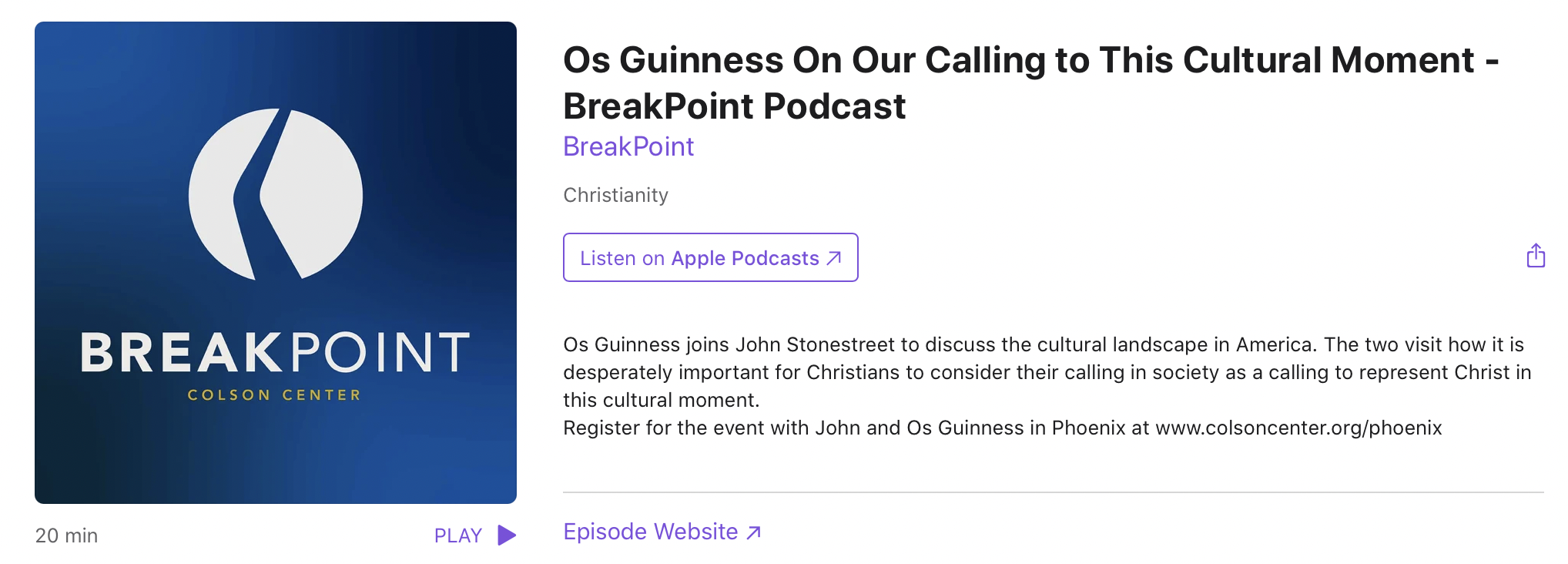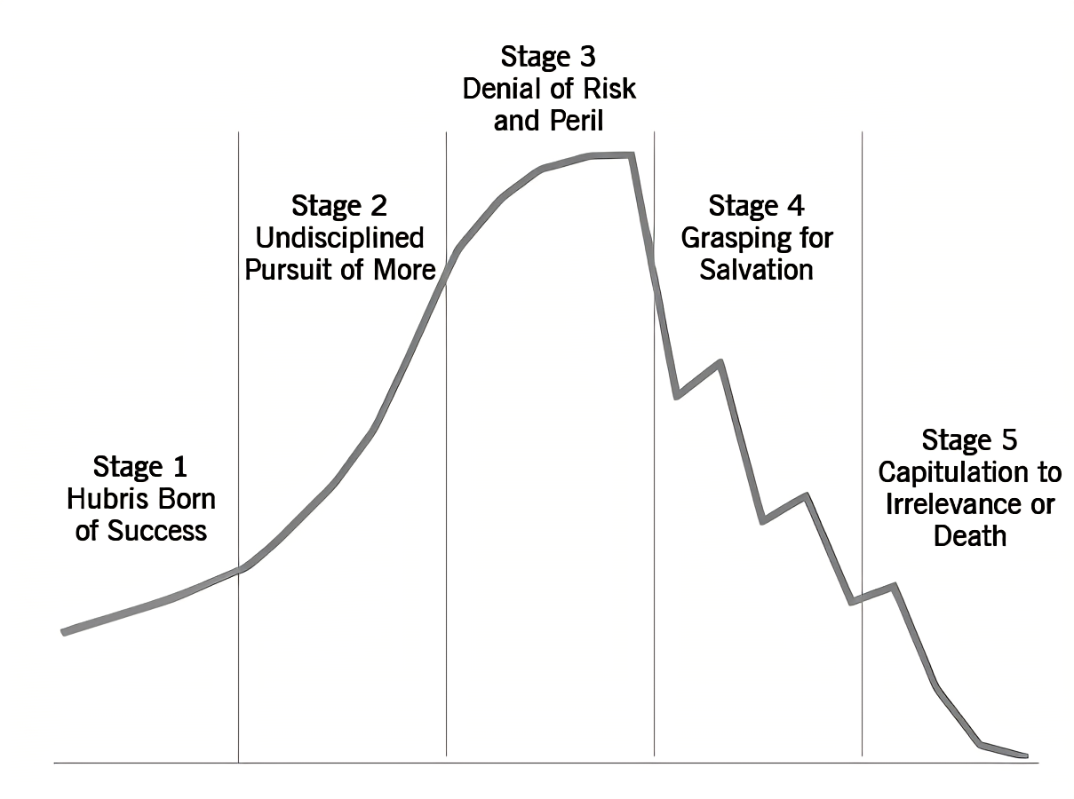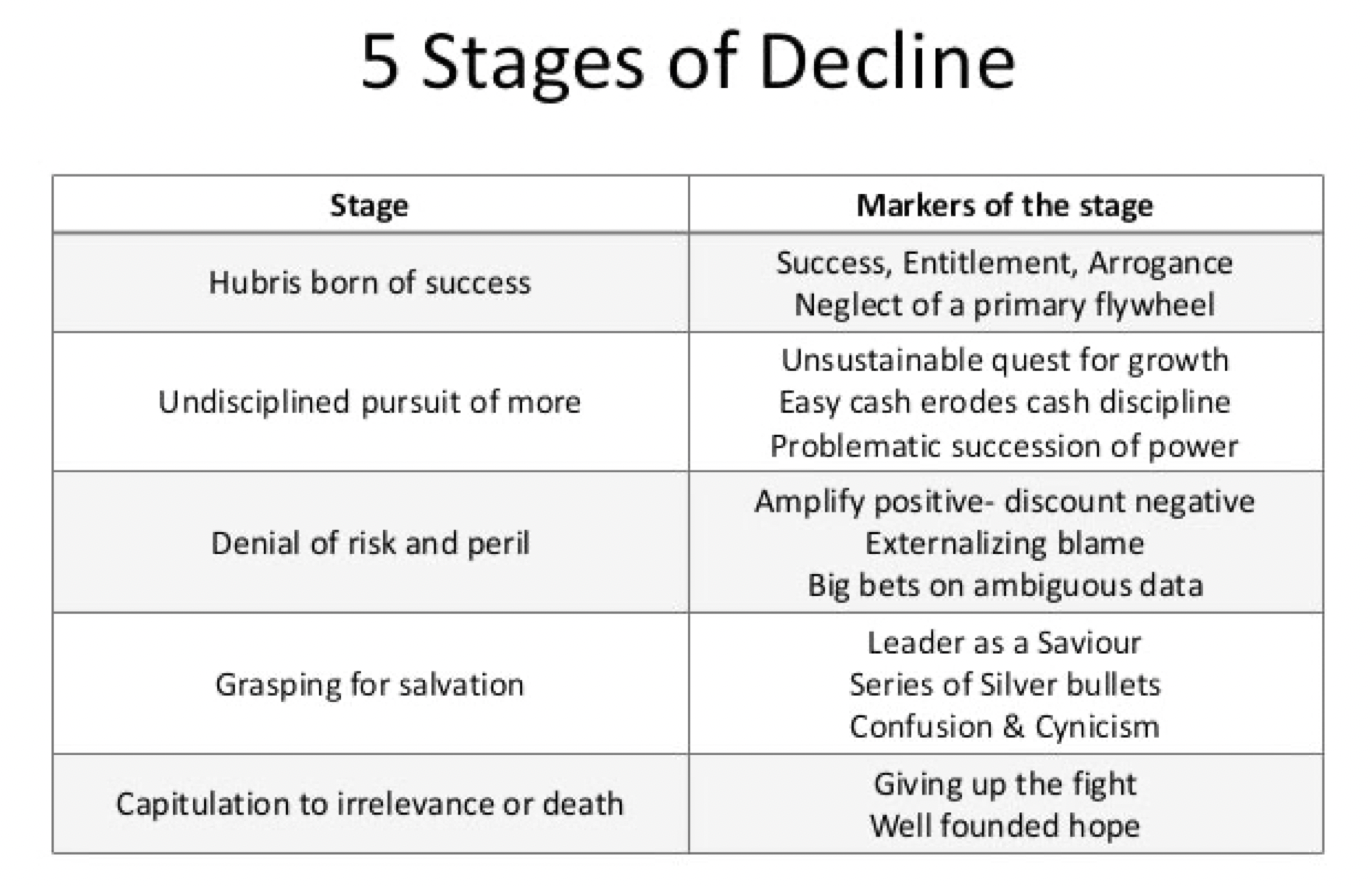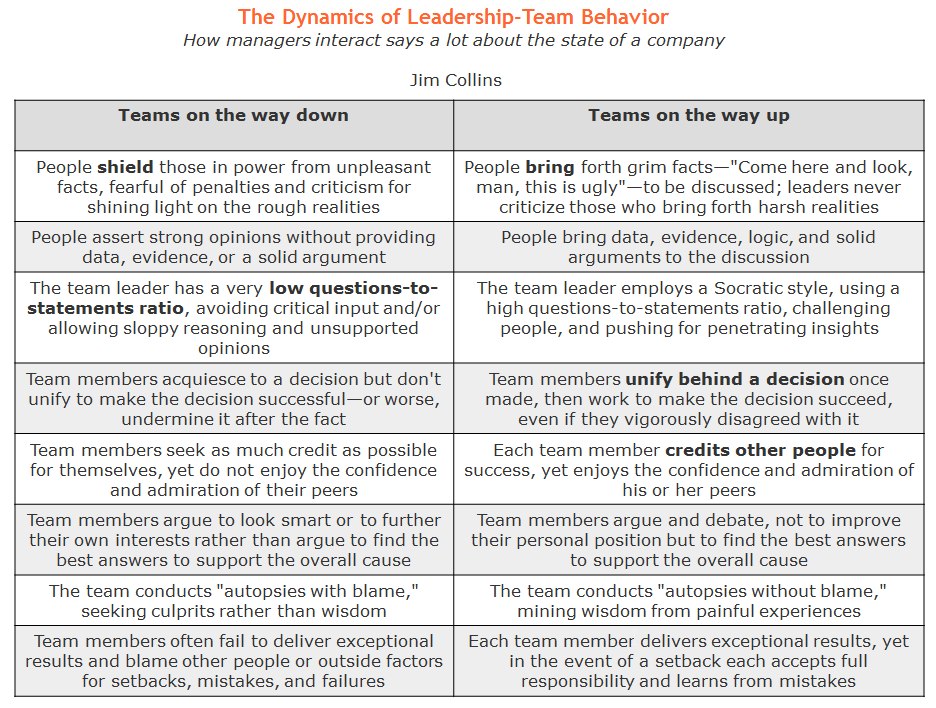We talk about culture a lot… But, what is it?
“We must stand against the culture!”
“We must not involve ourselves in the culture!”
“Christians must engage cultural issues!”
“Christians must not get entangled in cultural issues!”
Most don’t have a clear understanding of what culture is. Most people view culture as a thing – an ‘it’. We assume we know what we’re talking about. Furthermore, when we have discussions or debates, we may not even agree on the definition of the word ‘culture’. Different people have different notions about what culture is. I spent my college years studying culture (anthropology) and I know how difficult it can be to attempt to fully understand it. Let me take a shot.
Culture is distinctly human. Animals do not create culture. It can be complex and confusing. So, let’s try to understand it.
The Merriam-Webster Dictionary defines culture as the following: the customary beliefs, social forms, and material traits of a racial, religious, or social group; the characteristic features of everyday existence (such as diversions or a way of life) shared by people in a place or time; the set of shared attitudes, values, goals, and practices that characterizes an institution or organization; the integrated pattern of human knowledge, belief, and behavior that depends upon the capacity for learning and transmitting knowledge to succeeding generations.(link)
While that definition is helpful, it does not answer the question, “Where does culture come from?” The Bible states God made humans in his image (Genesis 1:27). Bearing our Creator’s image, we humans create and inhabit culture. That is important to know as a first principle. Every human is creating and shaping culture just by living life in this world. The biblical narrative is set within cultures over history (Jewish, Egyptian, Roman, Pagan, etc). By God’s design mankind is a cultural creature. It is not who we are as much as it is what we do. It is impossible for a human not to be a cultural creature. So, let’s explore a little further.
“If you want to know what water is, don’t ask the fish.” John Stonestreet once told a group of students (“A Practical Guide to Culture”, Stonestreet & Kunkle). Fish don’t know they are wet – it is the environment in which they live. Given, most analogies eventually break down. However, the fish – water analogy is a useful illustration.
Culture is “the environment we live in and think is normal” says Stonestreet. We understand it points to the fact that we’re assuming something about reality – a baseline, if you will. “This is the world and reality as we understand it” is the assumption that all people operate from and shape their lives around without even being aware.
So, what the heck is Culture?
I’m going to distill a few ideas found in Stonestreet and Kunkle’s book, “A Practical Guide to Culture” to help us. I definitely recommend reading it.
Let’s begin with what culture is NOT:
Culture is not creation (nature, plants, animals, humans, water, rocks, the sky, etc).
“Culture doesn’t just refer to all the bad stuff humans do.” (Stonestreet / Kunkle)
People are NOT culture.
“People make culture and are, in turn shaped by culture, but equating them with culture is wrong and can even be dangerous. If we see people as culture and culture as the enemy, we’ll likely see people as the enemy and confuse their bad ideas with evil intentions… Culture is NOT people, culture is what people do.” (Stonestreet / Kunkle)
So, what then is culture?
Culture comes from the Latin word cultura, meaning “agriculture” (plowing, tilling, etc).
“Culture is what humans do (activity) in the world: build, invent, create, tear down, compose, replace, embellish, engineer, assume, dismiss, emphasize, etc.” (Stonestreet / Kunkle)
“Culture is what humans make of the world,” says Andy Crouch
Ken Myers (All God’s Children and Blue Suede Shoes)
“It’s not a person. It’s not even an institution, like the church or the state or the family. It is instead a dynamic pattern, an ever-changing matrix of objects, artifacts, sounds, institutions, philosophies, fashions, enthusiasms, myths, prejudices, relationships, attitudes, tastes, rituals, habits, colors, and loves, all embodied in individual people, in groups and collectives and associations of people (many of whom do not know they are associated), in books, in buildings, in the use of time and space, in wars, in jokes, and in food.” (Stonestreet / Kunkle)
Culture is a kind of fabric produced by human activity.
Cultural forces shape our thoughts and behaviors without us even being aware.
Culture is created and cultivated for good or evil.
Everything we do or say, and the ideas we think impact culture.
Culture is a gift from God to be stewarded for goodness and his glory.
Attempting to “avoid culture” invites negative culture to fill the void.
Culture is powerful.
Culture isn’t a thing, Culture just is…..
Since humans naturally create culture, this begs the question: What kind of culture are we creating?




